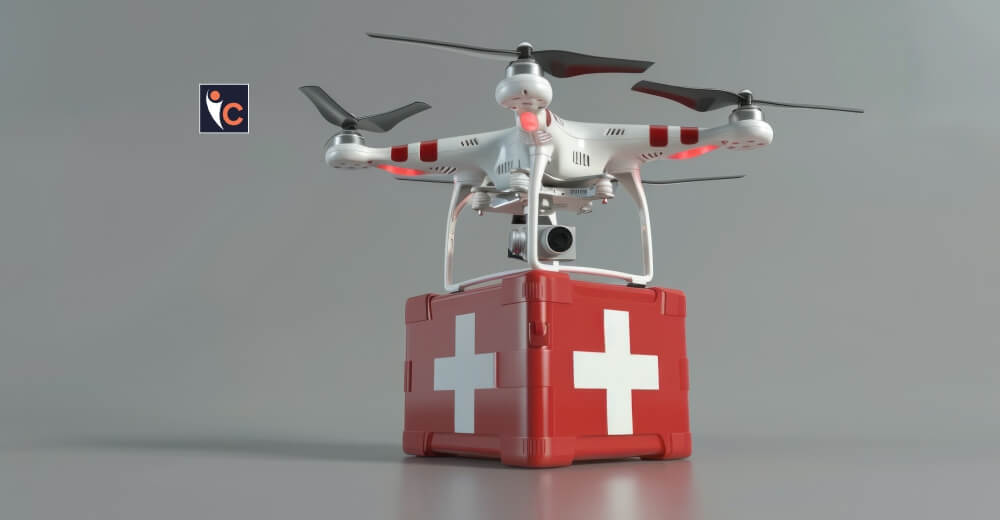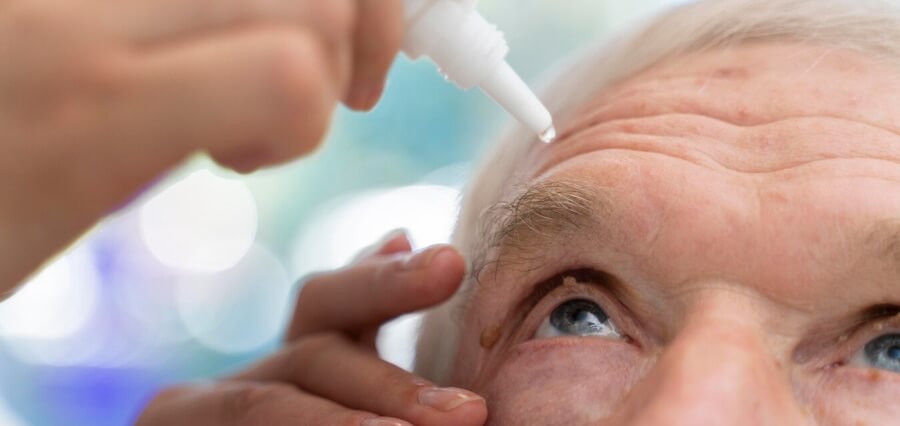Understanding Dehydration Risks for Seniors
Summer is here, and for many of us, that means enjoying fun in the sun. But for elderly loved ones, the heat and risk of dehydration are real dangers. As we age, our sense of thirst diminishes, and we lose some of our ability to conserve water. Ensuring adequate hydration for seniors is critical to their health, comfort, and safety.
You know how important it is to keep older friends and family members hydrated, especially in warm weather. But do you know the signs of dehydration to watch for or the best ways to encourage drinking? Don’t worry; we’ve got you covered. In this article, you’ll learn pro tips for preventing dehydration in the elderly and keeping aging loved ones happy, healthy, and hydrated all season long. Grab a cool glass of water and read on – the life you save could be someone you hold dear.
Strategies for Preventing Dehydration in the Elderly
Seniors are at a higher risk of dehydration due to natural body changes that come with aging. As we get older, our sense of thirst diminishes, so we may not feel thirsty even when dehydrated. Kidney function also starts to decline, reducing the body’s ability to conserve water. Certain medications or medical conditions can also increase dehydration risk.
To help prevent dehydration in elderly loved ones:
- Encourage drinking plenty of fluids, especially water. A good rule of thumb is 6-8 glasses per day. Offer reminders if needed.
- Provide easy access to beverages and consider using containers with straws or sports bottles for easier drinking.
- Monitor for signs of dehydration like increased confusion or dizziness, dry mouth, dark urine, or decreased urination. Seek medical help right away if severe symptoms appear.
- Be aware of factors that increase dehydration risk like illness, hot weather, or activity. Increase fluid intake at these times and check on your senior more frequently.
- Ask about medications and possible interactions. Some drugs can cause increased urination or sweating. Talk to the doctor about adjusting dosages or switching to alternatives with less dehydration risk if needed.
Suggest hydrating foods with high water content like soups, stews, fruits, and vegetables. Frozen options like popsicles or fruit bars can also help.
- Set reminders to drink for those on special diets like low-sodium or diabetic diets. Flavored, non-caffeinated beverages may be more appealing.
By taking some simple precautions, you can help ensure your elderly loved ones stay properly hydrated and avoid the dangers of dehydration. Their health and comfort are well worth the effort.
Keeping Seniors Hydrated with Food and Drink Options
Staying hydrated is one of the most important things seniors can do to stay healthy, yet dehydration is a common issue among the elderly. Here are some key strategies to help prevent dehydration in aging loved ones:
Increase Fluid Intake
Encourage your senior to drink plenty of fluids with meals and in between. Water is best, but drinks like unsweetened tea, milk, and broth also count. A good rule of thumb is to aim for 6-8 glasses per day. Offer reminders if needed and have fluids that are easily accessible.
Monitor for Signs of Dehydration
Watch for indicators like increased confusion or dizziness, dry mouth, dark urine, rapid heart rate, and headache. Seniors may not always recognize or communicate that they’re thirsty, so caregivers need to be vigilant. If dehydration is suspected, contact their doctor right away.
Make Drinking Easier
As people age, thirst perception decreases while the ability to concentrate urine increases. Provide your senior with a drinking cup or glass with a lid and straw to make sipping more convenient. For those with limited mobility, keep a pitcher and cup within easy reach.
Offer Foods with High Water Content
In addition to drinks, provide foods that have a high percentage of water like soups, stews, Jell-O, fruit, vegetables, and popsicles. These add fluid in a tasty way.
By following these recommendations, you can help ensure your senior loved one stays properly hydrated and maintains good health and quality of life. Making hydration a priority and monitoring fluid intake and signs of dehydration daily are the best ways to safeguard seniors from the dangers of dehydration.















